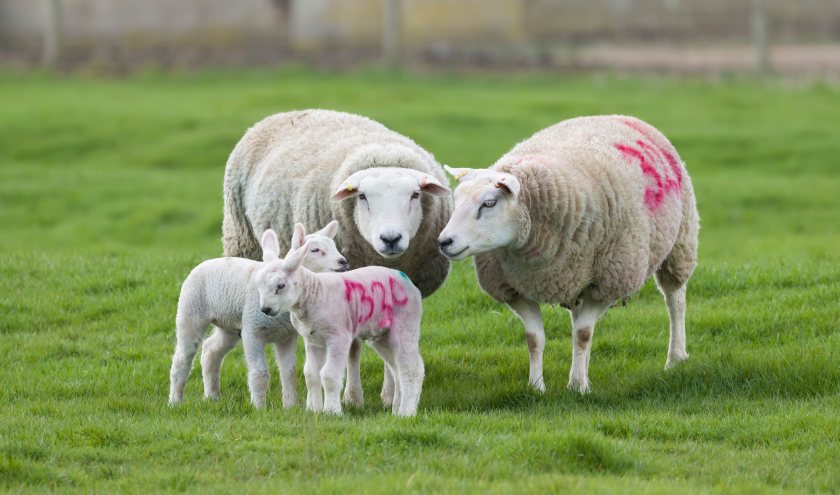
Even the loss of just one or two lambs to clostridial or pasteurella infections could outweigh the cost of vaccinating a flock, UK-based vets have warned.
Their guidance follows new data from the Animal and Plant Health Agency (APHA), showing that clostridial diseases remain among the most commonly diagnosed conditions in sheep submissions.
“All lambs are at risk from clostridia since the bacteria are naturally present in soil, the environment, and the intestinal tract," said Charlie Parker, of Oakhill Vets in Lancashire.
He explained that it’s not the bacteria directly causing death, but rather the spores, which multiply and release toxins once ingested.
“The symptoms and disease outcome will depend on the type of clostridial bacteria involved," Mr Parker added.
Clinical signs of clostridial diseases like pulpy kidney and lamb dysentery often emerge abruptly and are typically severe, with sudden death being the most frequent outcome.
Other possible symptoms include high fever, lethargy, collapse, stiffness, convulsions, diarrhoea, and abdominal discomfort.
Dr Kat Baxter-Smith, veterinary advisor at MSD Animal Health, emphasised that the unpredictable nature of stress-related triggers makes vaccination crucial.
She also highlighted the importance of following through with the full vaccination schedule to ensure effective protection.
“It’s not enough to give one shot and assume the job is done. A primary course followed by a booster is essential for full protection."
Dr Baxter-Smith noted that although clostridial diseases tend to be acute in nature, they are also some of the most easily preventable with proper vaccination.
“Clostridial disease can strike quickly, and once symptoms appear, treatment options are limited," she added.
“Vaccination gives farmers peace of mind and reduces the risk of costly losses.”
